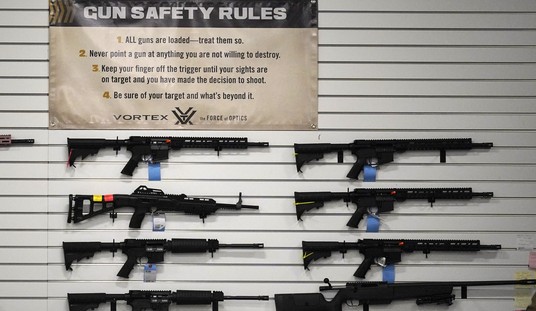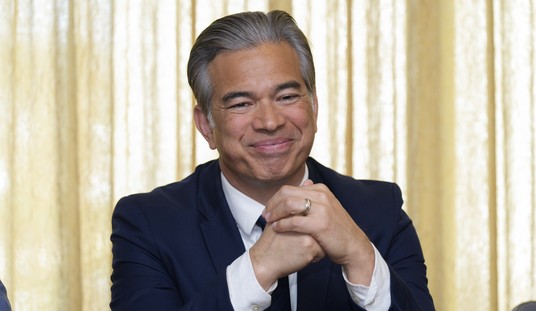
In an interview with Human Events, the leader of Grass Roots North Carolina called the December 27 New York Times article on concealed carry permit holders in his state a “hit piece.”
The reporter Michael Luo, who has published other data-match stories with an anti-gun tilt, exposed his bias against gun rights, by choosing tight search parameters that produced the results he needed to support his anti-gun rights narrative, said F. Paul Valone, the president of the gun rights organization.
Valone said he had three to four phone conversations with Luo, in addition to a half-dozen emails as the story progressed that gave him an increasing sense of unease about the direction and methods of the story.
To make his points, Luo ran a data-match with two lists, the state’s roster of concealed carry permit holders against the state’s criminal database and sorted out permit holders with criminal records.
Luo found that in a five-year period, out of 240,000 holders, more than 2,400 were convicted of felonies and misdemeanors, not counting traffic violations. He further found that roughly 60 were convicted of violent weapon assaults.
In the same five-year period, 10 permit holders were convicted of murder or manslaughter, although only eight of those 10 used a gun in their crime, the article said.
“By cherry-picking anecdotes from error-prone data matching, reporter Michael Luo creates a false impression of widespread abuse by concealed handgun permit-holder,” Valone said.
“Luo admits not bothering to confirm more than a handful of the matches found, so given the small data set used, the number of ‘false positives’ may well exceed the number of accurate matches.
Luo told Human Events that he did tell Valone he had checked roughly 12 of the matches, but in fact he probably verified more than 12, paying attention to name, date of birth, race and address.
There was no agenda in the story, just an attempt to bring to light the number of permit holders either committed crimes in North Carolina or continued to keep their concealed carry permits after being convicted of felons or misdemeanors, he said.
“Data is data,” he said. “Up to others to draw conclusions on significance.”
Beyond the use of search parameters, Valone said he is upset that Luo did not quote him, despite his telling the reporter that he helped draft the law and after he pointed out provisions in the law that aid law enforcement officers, such as the link between the state’s driver records and concealed permit holders’ records.
“Any concealed handgun permit-holder arrested for a crime would be immediately identified as such,” he said.
“Furthermore, nothing in the law prevents the North Carolina Department of Justice from doing checks on permit-holders to ensure they remain in compliance with the law,” he said. “We not oppose such an effort. If the state fails to avail themselves of those tools, the problem lies not within the concealed handgun law, but instead within its enforcement.”
In a Tweet, the same day the story ran, Luo created the impression that there was no cooperation and conversation between him and the GRNC leader, in this text: “I did ask Grassroots North Carolina, pro-gun group, for examples of permit holders who stopped crimes to include in story, but they refused.”
The reporter, who was assisted by Tom Torok, the chief datatbase editor for the paper and the winner of three Pulizer Prizes, said he was eager to have Valone participate, but he needed examples of concealed carry permit holders who had used their guns to protect themselves or others.
Valone’s criticism of the data and his comments about the law and its enforcement did not address the issues in the story, Luo said.
Valone said he discussed with the GRNC board of directors whether he should provide examples, but there was a lack of trust.
“It was the consensus of the board that ‘No good can come of this,’” he said.
“All he would do is pick on that one poor soul and he would call it balance,” he said.
“The NRA has a searchable database and he could have very easily found examples, like we found four or five just in a quick search,” he said.








Join the conversation as a VIP Member